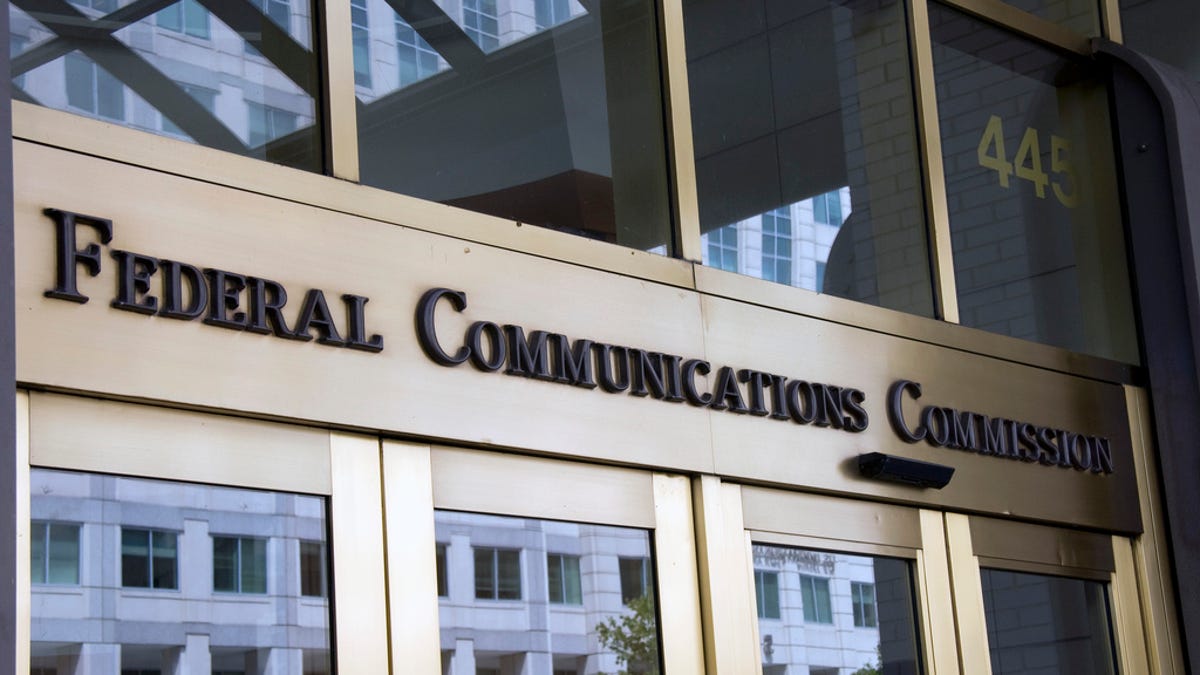AT&T, Verizon catch a break under Trump FCC
The new Republican-led FCC will take no action against companies the previous administration said violated net neutrality rules.

There's a new sheriff in town at the Federal Communications Commission and he just gave AT&T and Verizon a big pass.
The FCC said Friday it would end its inquiry into the companies' so-called zero-rating offers that allow customers to watch video from certain applications from their mobile devices without it counting against their monthly data caps.
AT&T lets its wireless customers stream its $35 a month DirecTV video service over the AT&T wireless network without counting that data against their monthly data caps. Verizon lets customers stream its Go90 video service and doesn't charge for data usage.
The news comes as the new chairman, Ajit Pai, who was appointed last week by President Donald Trump, begins taking measures to dismantle policies adopted by the Democrats under the previous administration. The controversial 2015 net neutrality rules, which now treats broadband service like a public utility, are expected to be on the chopping block, among other controversial policies, such as expansion for the Lifeline program, which provides subsidies for broadband and phone service to low-income families.
In a statement, Pai said the zero-rated plans offered by these companies have been popular with consumers.
"Going forward, the Federal Communications Commission will not focus on denying Americans free data," he said. "Instead, we will concentrate on expanding broadband deployment and encouraging innovative service offerings."
While the practice offers some benefits to customers, critics say it violates the agency's net neutrality rules, which requires all services on the Internet be treated the same. They claim it puts smaller competitors at a disadvantage and highlights the fact that data caps are unnecessary.
The FCC also sent letters to Comcast and T-Mobile notifying them that it has also closed inquiries into their practices. The FCC initially launched its informal investigation into these four companies more than a year ago, but in December the agency, then under Democrat Tom Wheeler's leadership, issued a preliminary report accusing AT&T and Verizon of violating the FCC's net neutrality rules by favoring their own video services over services of competitors.
The FCC didn't impose a penalty when it issued its report in December, and now that the inquiry is closed, AT&T and Verizon are free to continue offering their services without charging for data usage.
In a statement, AT&T called the move "a win for millions of consumers." Verizon said it always believed its free data programs benefited consumers, and it is "very encouraged that the FCC agrees."
Consumer advocates, who fought for more than a decade to get the FCC to adopt net neutrality rules and who have opposed the zero-rating offers, were not so optimistic. The Washington, D.C.-based consumer watchdog group Public Knowledge called the FCC's move "deeply troubling."
"The FCC is saying that AT&T and Verizon are allowed to zero rate their own video services, and effectively charge customers more to access competing services," Ryan Clough, general counsel for Public Knowledge said in a statement. "The 2015 net neutrality rules are still the law, but that doesn't mean very much if the FCC refuses to enforce them."
Also on Friday, Pai reversed several other consumer-protection orders, reports, and proceedings that were adopted in the final weeks of Wheeler's FCC. This included telling nine companies they won't be allowed to participate in the federal Lifeline program. Lifeline is meant to provide low-cost broadband access to low-income consumers. Pai said he was reversing these orders and reports because they were done at the last minute by an administration that was leaving.
"These last-minute actions, which did not enjoy the support of the majority of commissioners at the time they were taken, should not bind us going forward," he said.
Matt Wood, policy director for Free Press, said Pai was following the lead of Trump, who has been signing controversial executive orders to dismantle policies set by his predecessor. He called Pai's sweeping reversals "strong-arm tactics" that showed Pai's "true stripes."
"The public wants an FCC that helps people," he said. "Instead, it got one that does favors for the powerful corporations its chairman used to work for."
Life, disrupted: In Europe, millions of refugees are still searching for a safe place to settle. Tech should be part of the solution. But is it? CNET investigates.
Does the Mac still matter? Apple execs tell why the MacBook Pro was over four years in the making, and why we should care.

